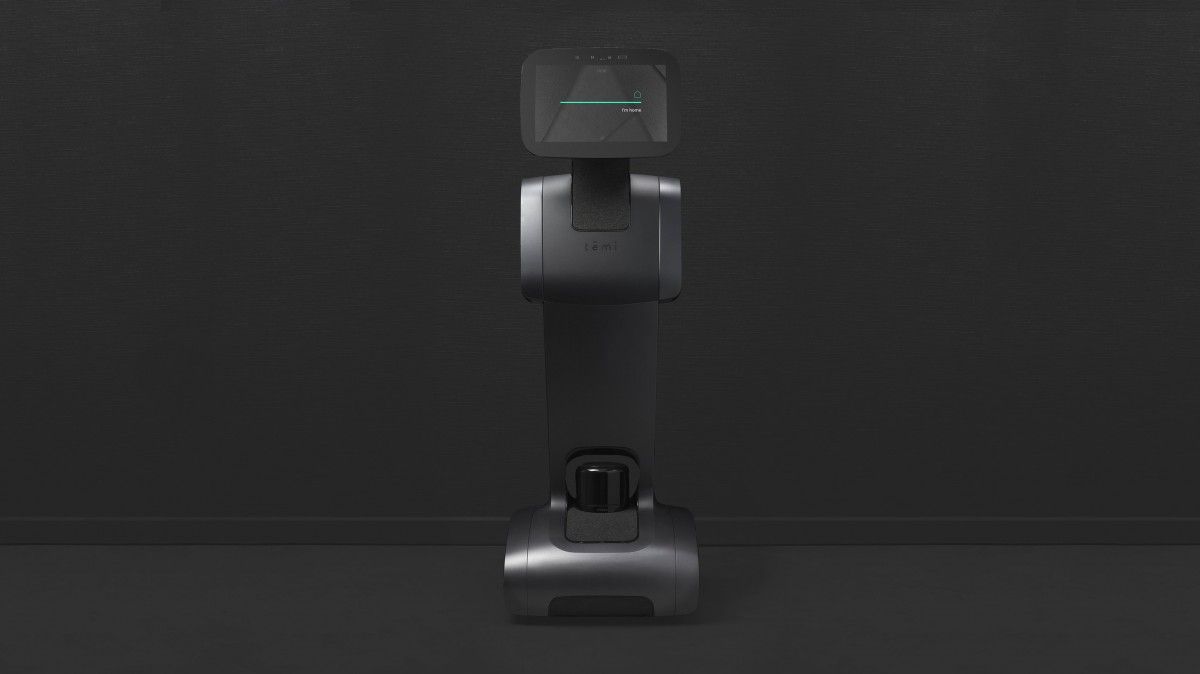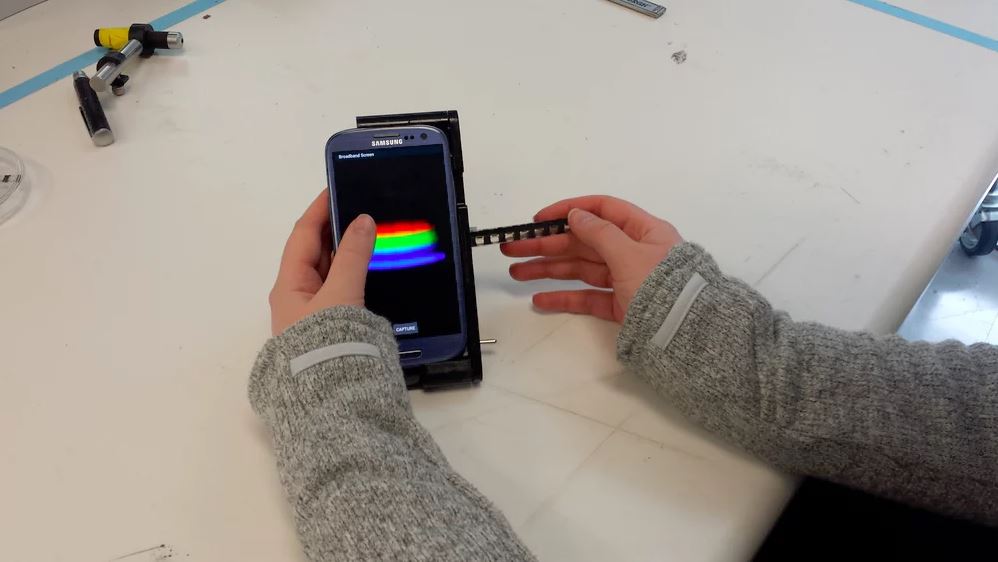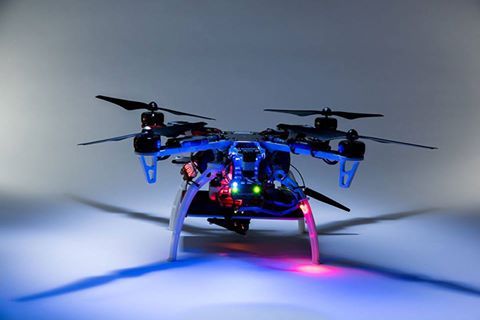Say hello to Temi. Wired reports that this sleek, 3-foot robot with a tablet for a face is essentially a kind of travelling AI butler for your home—a Siri or Alexa, only on wheels. It will come rolling when you holler. It can use facial recognition to follow people around, so they can watch TV or Skype as they stroll. And it taps Google’s artificial intelligence to help answer your questions. A run of 1,000 robots will be made available November by its maker, Roboteam, and it’s planned to cost under $1,500 when it launches widely next year. But, as we’ve argued in the past, these kinds of domestic robots are more a source of entertainment than much practical use, and are certainly not the kinds of practical machines that may one day be able to take over some of your household chores. For now, you might be better off carrying your phone around the home—especially if you have stairs.





